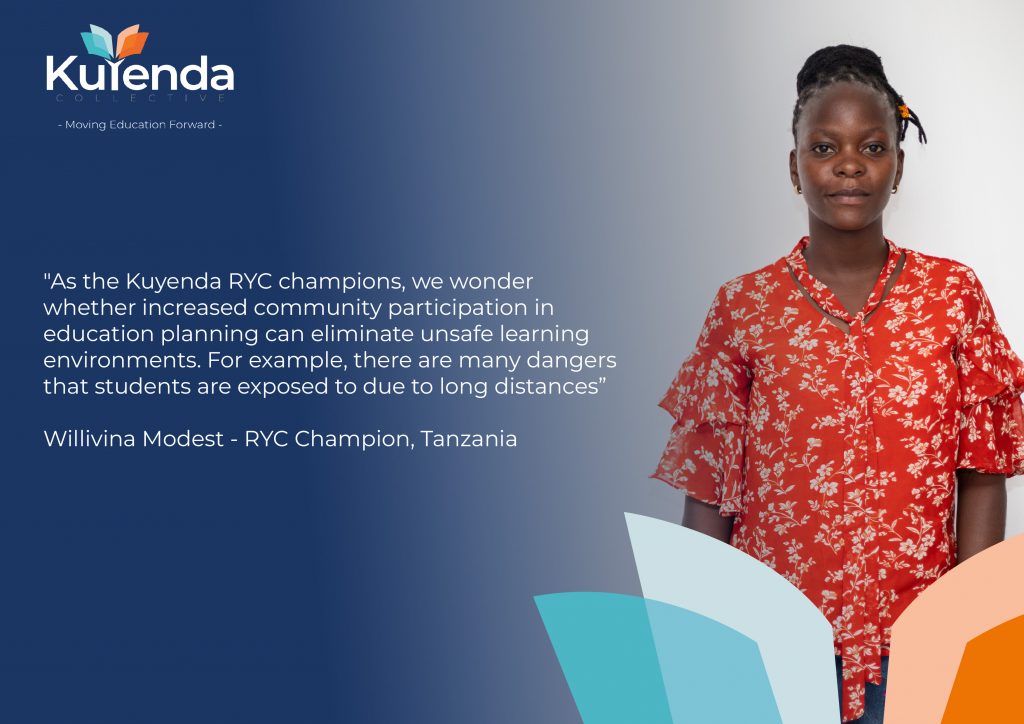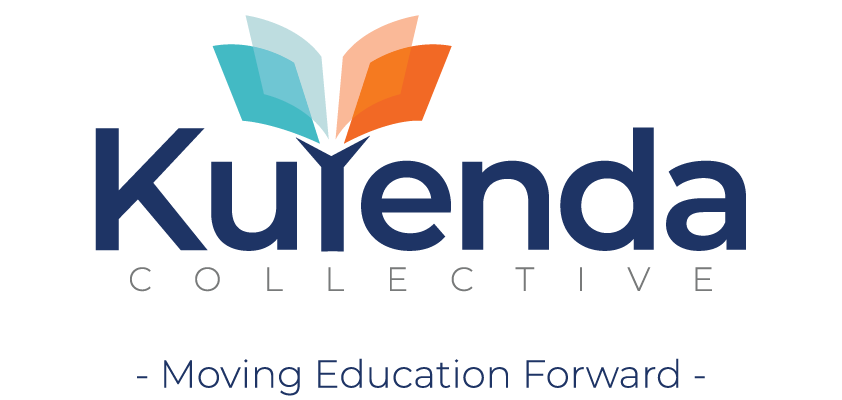A Simple Guide to Transnational Advocacy for Rural Youth Collectives

The Kuyenda Collective has undertaken a transnational advocacy towards two imperatives for the region i.e., effective Education Management Information Systems (EMIS) and sustainable education financing. As such, a collective understanding of the importance of functional and effective EMIS, and sustainable financing, is crucial for promoting quality, relevant, and equitable education for Kuyenda. This information note serves to provide some insights into regional commitments toward these two imperatives, as well as, key opportunities for the collective’s engagement in advocacy efforts.
Why Effective EMIS?
EMIS plays a vital role in collecting, analyzing, and disseminating education sector data for purposes related to planning, resourcing, and monitoring education service delivery. By ensuring accurate and timely information, EMIS helps policymakers make informed decisions and monitor progress toward educational goals. For the SADC region, commitments toward strengthening EMIS are primarily enshrined in the SADC Protocol on Education and Training, backed by Aspiration 1 of the AU Agenda 2063 towards a prosperous Africa based on inclusive growth and sustainable development[1] and reinforced by global commitments to monitoring SDG 4[2]. As youth advocates, the Kuyenda Rural Youth Collective engages in advocacy efforts to promote the effective implementation of EMIS, advocating for transparent data collection processes, capacity building for data analysis, and the use of data for evidence-based decision-making.
Why Sustainable Financing?
Sustainable financing is essential for ensuring equitable access to quality education for all. In the SADC region, commitments to sustainable financing for education are outlined in various policy documents, including the SADC Protocol on Education and Training and the SADC Education Sector Development (ESD) Regional Strategic Framework. The significance of a sustainably financed education sector is also of emphasis in the SDG Agenda 2030 and has yielded recommendations toward a collective resolve made in the Education For All Dakar Framework for Action (UNESCO, 2000). It is on this premise the Kuyenda Collective calls for governments to allocate 20% of budgets and 6% of GDP to education sector financing.
Kuyenda youth advocates carry this mantle through their resolve to build a case for education as a priority area for investment. The collective’s call is for increased public investment in education through the mobilization of domestic resources and innovative financing mechanisms for sustainability.
Key Spaces for Engagement in SADC (and Globally):
Within the Southern African Development Community (SADC), there are various spaces available for dialogue on sustainable development, including on meeting education sector targets aligned to the SDGs (2015-2030), SADC Regional Integrated Strategic Development Plan (2020-2030) and Agenda 2063 via the Continental Education Strategy for Africa (CESA, 2016-2025). These include but are not limited to SADC Education Sector Meetings, Youth Forums and Conferences, Civil Society Platforms, and Social media campaigns. Of notable importance is the SADC ESD Regional Strategic Framework’s outline of an 8-year roadmap for national actions, including capacity building for teachers and youth integration, and advocacy campaigns toward ESD in the region. The SADC annual calendar of events is a useful resource on some of these regional platforms.[3]
The SADC People’s Summit which will be held in Zimbabwe (August 2024) and the Regional Integrated Sustainable Development Plan (RISDP) dialogues for Non-State Actors (September 2024) remain key activities to look forward to for Kuyenda youth input and engagement.
Globally, there are even more opportunities for engagements monitoring global commitments on education, including functional and effective information management and sustainable financing. Below is a list of some Global Education-Related Commemorative Events for engagement :
- Global Action Week for Education (GAWE) (April 22nd-26th 2024): This week-long campaign is coordinated by the Global Campaign for Education (GCE) to raise awareness and advocate for quality education for all. The overall campaign call of GAWE 2024 is “Education builds social justice, peace, and sustainable development.” Using the symbol of drums – as a call for coming together and urgent actions, the symbolic call of the campaign will be “Beat the drums for transformative education.” The Kuyenda collective’s participation in this event lies in the continued demonstration of a transformative approach to education sector service delivery, championing systemic change for better education outcomes.
- International Youth Day (August 12th, 2024): This is a key engagement event recognizing the role of young people in driving social change and advocating for youth participation in decision-making processes, including education policy. This provides legitimate platforms for youth voices at national and transnational levels – for a youth-led Kuyenda, transnational advocacy will highlight the need for deliberate engagement of youths in decision-making informed by adequate, relevant, and quality education sector information, and investments towards meeting their identified needs for progressive education outcomes.
- Other commemorations to note include – The International Day of Education, International Literacy Day (September 8th, 2024), World Teachers’ Day (October 5th, 2024), World Students’ Day (October 15th, 2024), World Youth Skills Day, Day of the African Child, etc.
[1] The AU Continental Education Strategy for Africa (CESA)
[2] Operational Guide to Using EMIS to Monitor SDG 4 (UNESCO, 2020)
[3] SADC Events Calendar – https://www.sadc.int/events-calendar/202405

